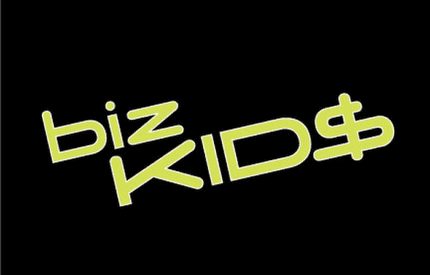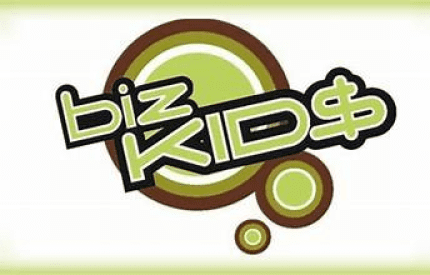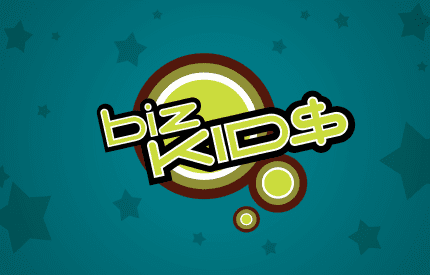
Biz Kid of the Month: Laura Valiente, LaVa Bags
Laura makes custom handbags inspired by the latest fashions. She uses her money math skills to maximize profits and stay on top of taxes. You can get your own LaVa Bag at http://www.lavabags.weebly.com!
Tell me about your business.
I design sew and sell bags, all custom made–any color, any style. I cater to the needs of my customers.
And some of the materials you use are recycled, right?
Yes, I use jeans, tops, fabric samples from upholstery companies, handles from cool old leather bags.
That helps keep costs down.
I also keep track of how much fabric I use in each bag and how much it costs. I sell most of my bags for the same price, about $20, so I need to keep costs below that to make a profit.
How else do you use math in your business?
I charge sales tax. I carry a calculator for that, just to make sure I get it right.
How do you keep track of everything?
Every bag has a number and I keep copies of every check I receive.
Do you have goals for your business?
I want to make it big! I plan to study business administration in college. I also need to refine my techniques so I can put fancy stuff on the bags like cool hardware and zippers.
A Tip Tip
When you eat in a restaurant, you should usually leave at least a 15% tip. It’s easy to figure–just find 10% of the bill, then add half of that amount. To find 10% of any dollar amount, just move the decimal one place to the left.
Here’s an example:
Total bill: $14.00
10% of $14.00: $1.40
Half of $1.40: $0.70
Total tip: $1.40 + $0.70 = $2.10
Price to Earnings Ratio
The price to earnings ratio (P/E ratio) is one way of evaluating a stock’s price. If the price is high relative to the earnings, that can mean the stock is overpriced. How do they calculate P/E ratios? It’s just the stock price per share divided by the earnings per share (usually the earnings added over the most recent four quarters).
Check it out:
Igloo Ice Company stock sells for $1.00 per share. In the past four quarters, their earnings were $50,000.00. There are 100,000 shares of the company.
Earnings per share (EPS): $50,000.00/100,000 = $0.50 per share
P/E ratio: $1.00 / $0.50 = 2










